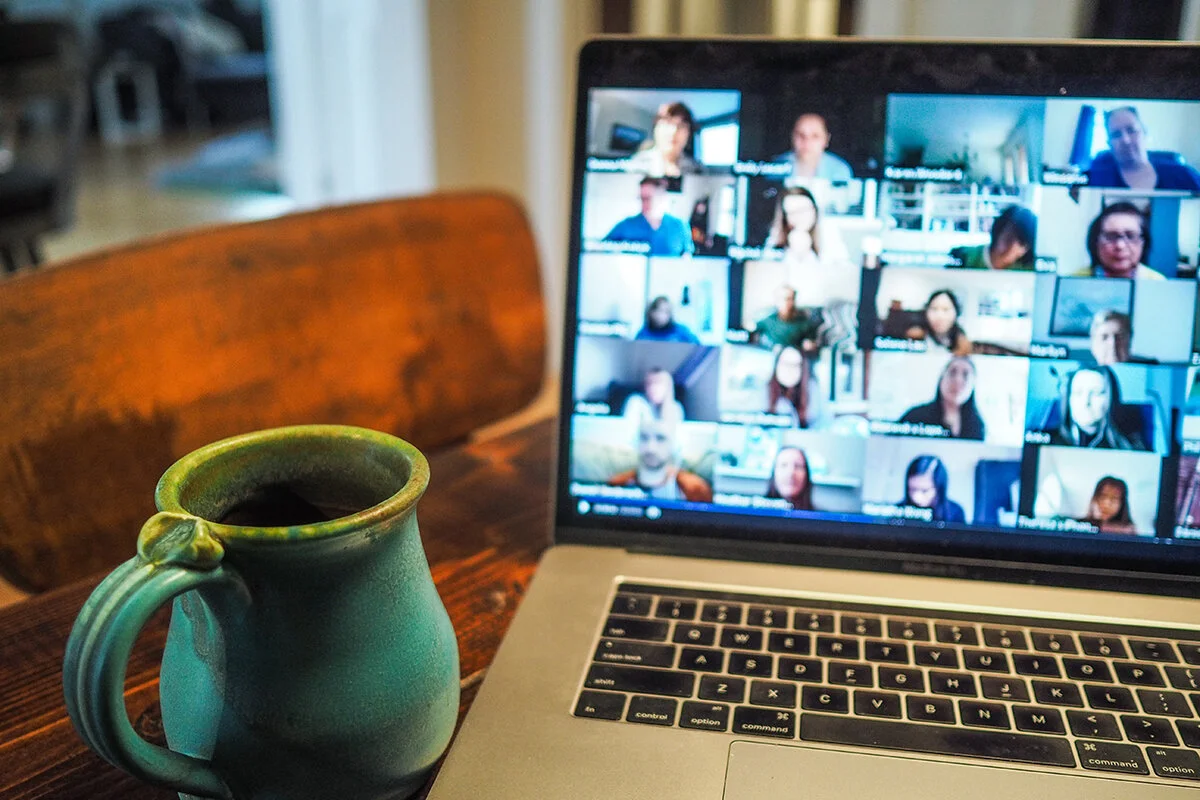Meeting Fear: When Nervous, Focus On Service
Presenting or contributing in meetings can be hard enough for some, even without the added challenge of the ‘new normal’ - i.e. virtual meetings.
A number of our clients – who are talented, well regarded leaders in a variety of sectors – continue to experience moments of anxiety and/or frustration when having to present, advocate or share a different or challenging perspective, especially in a virtual setting.
No matter how convenient the virtual meeting may be, there is still something quite surreal and disconnected about talking to little heads in boxes on a screen. For some, this just heightens the challenges and fears that crop up even in good old fashioned ‘in person’ meetings.
Here are a few common fears that can undermine our participation in meetings:
- The fear of saying something wrong, inaccurate or harmful
- The fear of being criticised or our intention misunderstood
- The fear of appearing out of resonance with the perceived ‘tone’ of the meeting and the emotional state of those we are meeting with.
If any of these seem familiar to you – or perhaps people that you lead or mentor - then here some tips for staying centred and reducing ‘contribution’ anxiety during meetings. These can be helpful regardless of whether they happen to be online or not:
1. When you are nervous - focus on service. The ego dies when we focus on the process of what we are doing and is stoked when we get caught up in the performance. When we focus on the doing and being (being courageous, contributing, role modelling our values, learning and being willing to be wrong) and less on performing, we reduce our preoccupation with looking good, sounding good, fitting into some perceived mould.
2. Manage your self-talk – before, during and after. Get prepared for the meeting (what’s my intention? How do I want to show up?) and then let go and respond in the moment in line with what is needed. Redirect your attention from catastrophic thinking (‘I’ve totally botched this!’) or an inner critical voice to that of a kind, encouraging friend or mentor.
3. Return to your values and how you want to show up/what you want to be known for. If courage is a key value, see how you can live this by speaking up even if it is anxiety provoking. Or say a core value is around family – perhaps thinking about how you would want your children to be confident and contribute, despite their fears. Our values are there to be lived not just spoken about. Draw on them to help you achieve your objectives.
4. Ask for feedback – before, during and after. Sometimes you may feel like a stumbling nervous idiot, but thankfully that is generally not what people see!! Remember, unless you have a narcissistic personality disorder, the vast majority of us tend towards self-criticism. So check in – ask your colleagues how you present/come across in virtual settings. Invite suggestions for how you might be more (insert how you are wanting to come across, what you are wanting to achieve). Also, try checking-in during a meeting to see how people are making sense of what you are talking about or proposing. Actively invite people to share different perspectives – it is a great way to deepen debate and can help you work out how best to secure the buy in you are looking for.
5. Focus on learning, not perfectionism – part of what is the most anxiety producing is the desire to ‘get it right’…all the time. See if you can create an intention around learning - for example, use meetings to learn what works with different people in different settings. Focus on this as opposed to performing or perfecting how you come across.
6. Work on self-acceptance - as Brené Brown says, “our sense of belonging can never be greater than our level of self-acceptance.” We are less likely to experience certain feedback as a threat to on our belonging if we accept ourselves, warts and all. A lot of talented people struggle with imposter system. Practicing compassion and backing yourself, even when you stuff up, is key to strengthening your ability to accept yourself.
I hope these tips provide you and your colleagues useful food for thought. I’d love to hear what helps you …..or what you notice about people who seem to ‘do’ meetings really well…

